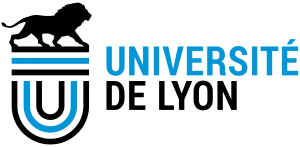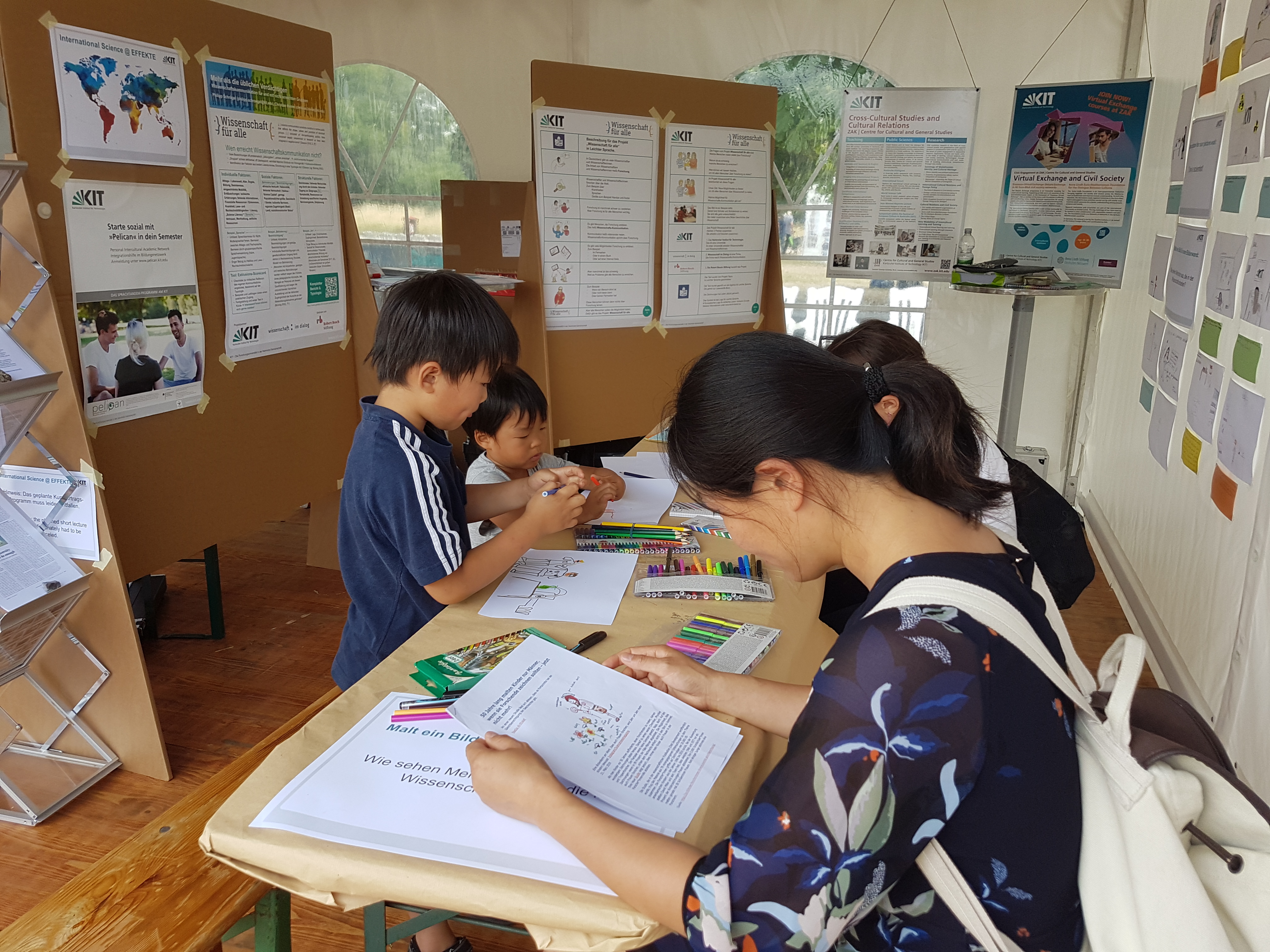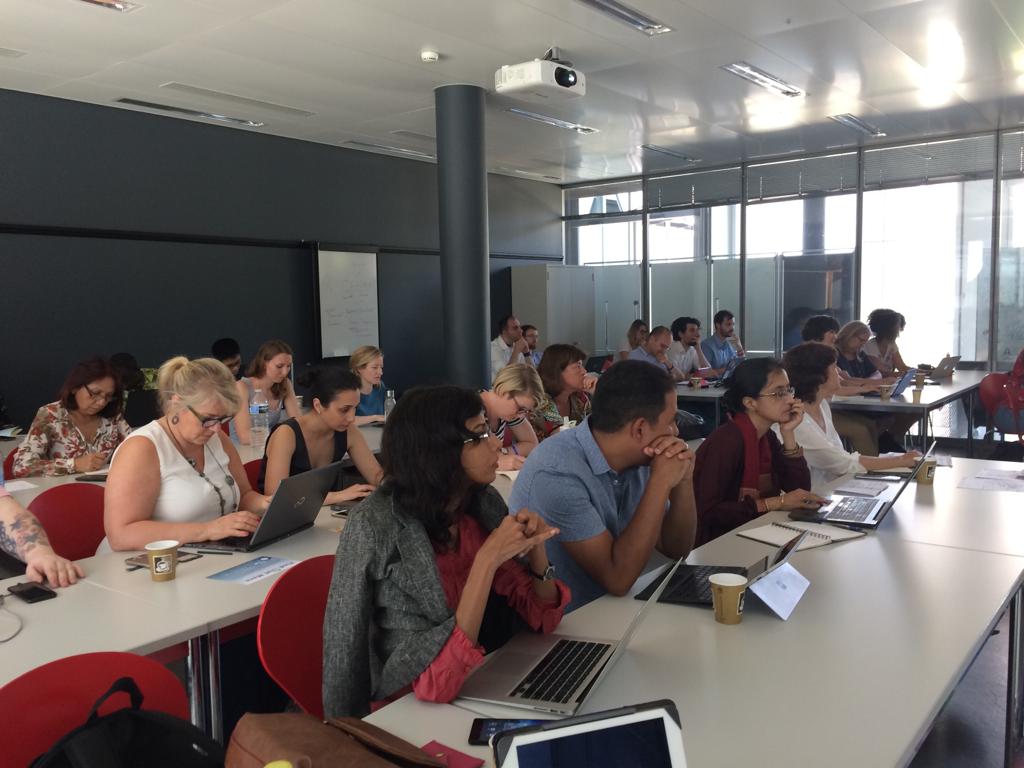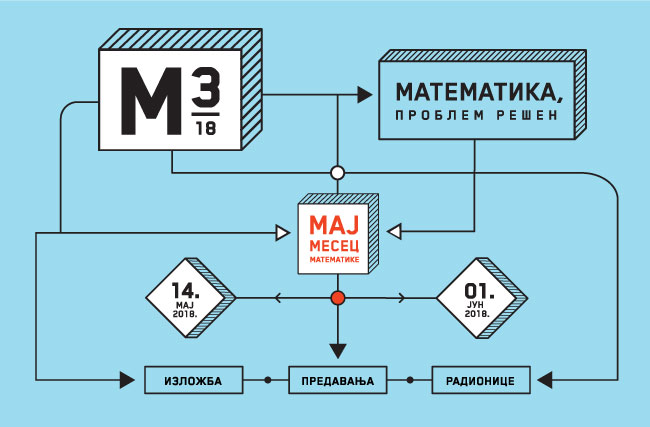
| Location | Lyon, France |
| URL | lyon-university.org |
University of Lyon
The Université de Lyon is the first French scientific hub outside of the Paris region. It is a unique federation of universities, schools and research institutes with 12 member institutions, 17 associates across the Lyon region and more than 137 600 students and 168 public laboratories.
A strong and unifying label, the Université de Lyon develops and promotes the high scientific potential of the site. It embodies a large, integrated university of high international rank with a reputation of excellence and innovation. The Université de Lyon supports and coordinates large and strategic projects in close relation with local stakeholders (companies, local authorities, citizens) for the benefit of future generations.
With 168 research units, 6800 researchers and lecturers, 5400 Ph.D. students and a technology transfer office, the Université de Lyon is an important contributor to the competitiveness of the Lyon and Saint-Etienne regions.
The Science and Society department understands itself as a bridge between researchers and civil society. Its three main activities are scientific mediation, cultural programming and promoting inclusive research. Its major focus is the direct impact of scientific activity on the lives of citizens – mainly questions related to health, environment, and new technologies. The Science and Society department aims at becoming a forum for the experimentation and shaping of new forms of cultural mediation involving various actors of society, such as local authorities and other public institutions, CSO’s, companies, libraries and resource centers, high schools, museums and cultural institutes, and media. The department welcomes 55,000 visitors and over 55,000 school kids each year, and has over 63,000 online visitors and followers on social media.
As such, the Science and Society Department of Université de Lyon can be considered as a major reference on a national level, providing experience and expertise in science communication in particular. The Science and Society Department has a 10-year long history of engagement in Responsible Research and Innovation (RRI), especially in the fields of science education and public engagement. The department is currently developing its own social network and various new tools to provide open access. It is also advancing its engagement regarding ethical aspects of RRI. Gender aspects are on the agenda for future developments.
The NUCLEUS team in Lyon is in charge of organizing the 2016 NUCLEUS annual conference, to share a first analysis on RRI implementation in academic “ecosystems” and producing the ensuing 2017 report. Results of an interdisciplinary study on RRI will be presented and discussed, reflecting barriers and opportunities expressed by academic leadership across Europe. The initial design of the implantation roadmap that NUCLEUS will be producing in the next three years will also be analysed and discussed during the conference.
The Université de Lyon will also participate in the NUCLEI implementation process from 2017-2019 by implementing one of 10 institutionalised NUCLEI as “RRI test beds”. These NUCLEI will encourage innovation and reflection in institutional governance, institutional processes and/or researchers’ perceptions of RRI.
Finally, the Université de Lyon will contribute to the general capacity building process.
The NUCLEUS team
Florence Belaën, PhD, Manager of the Science and Society department
Armelle Bozok, Financial and administrative manager
Elodie Suttling, NUCLEUS project assistant


